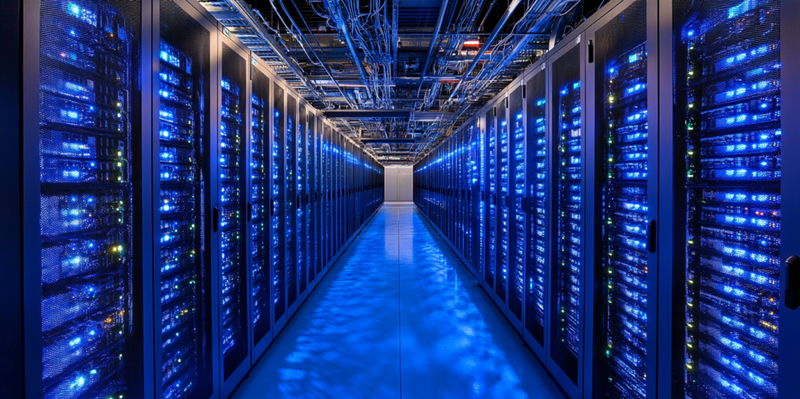The emergence of artificial intelligence (AI) technologies, particularly generative artificial intelligence (GenAI), has sparked a surge in the construction of hyperscale data centers. Leading analysts from Gartner have raised alarms about the potential consequences of this rapid growth, particularly highlighting a looming crisis in electricity consumption. Bob Johnson, VP analyst at Gartner, has warned that the insatiable demand for power from these new data centers could exceed the capacity expansion of utility providers, leading to potential disruptions in energy availability. The forecast predicts that by 2027, the situation could result in operational constraints for 40% of data centers globally.
The central focus of Gartner’s prediction is the staggering increase in power requirements for data centers, which is expected to rise by 160% over the next two years. By 2027, data centers will require 2.6 times the amount of electricity they consumed in 2023, culminating in an annual usage of 500 terawatt-hours. This dramatic surge in electricity demand is driven largely by the needs of hyperscale data centers that support GenAI technologies. Consequently, the growing power consumption will lead to significantly higher operational costs, which in turn will be passed on to AI and GenAI product and service providers. This escalation in expenses could impede the growth of AI technologies if not addressed proactively.
To combat these challenges, Gartner recommends that organizations plan for the inevitable rise in power costs by taking strategic steps now. Negotiating long-term data center service contracts can help lock in current rates and mitigate the financial impact of future increases. Organizations should also factor potential cost hikes into their product and service development plans to ensure they remain financially viable. Additionally, exploring and implementing alternative, less power-intensive approaches can play a crucial role in managing this escalating demand for electricity.
In conclusion, the forecast of power shortages poses a serious challenge for the AI and data center industries, necessitating immediate attention and strategic planning. Failure to address these issues may lead to substantial operational constraints, hindering further growth. The industry must explore innovative solutions and power-efficient technologies to sustain rapid expansion while balancing operational costs and energy consumption.

